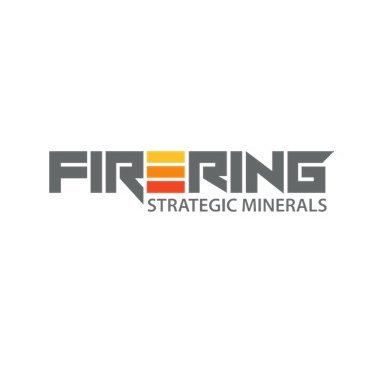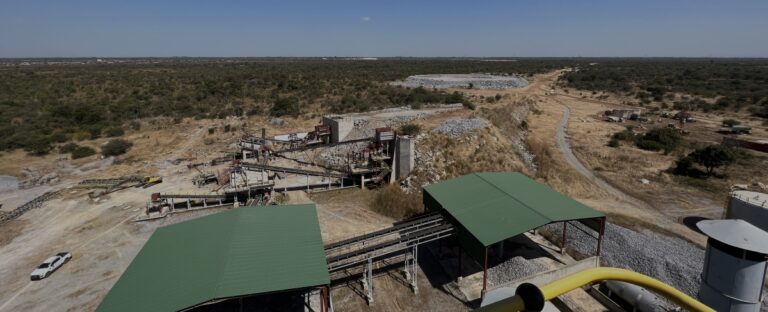Lime, particularly in its quicklime and hydrated forms, has become an indispensable part of modern mining operations. Its use in metallurgical processes is not new, but recent trends in the mining sector have accelerated its importance, especially in gold recovery. With gold maintaining its status as a safe-haven asset and miners pushing to optimise yield from lower-grade ores, the chemical control that lime offers is proving more valuable than ever.
Gold extraction through cyanidation requires precise pH regulation, and lime serves as the cornerstone of this process. It not only maintains the alkaline conditions necessary for effective leaching but also plays a protective role in preventing the formation of toxic hydrogen cyanide gas. This dual function, enhancing efficiency while improving safety, has made lime consumption an operational necessity rather than a discretionary input. As environmental standards tighten and operational scrutiny increases, this function is likely to take on even greater significance in permitting and process design.
Beyond gold, lime is seeing expanded use across a broader range of non-ferrous metallurgical applications. From copper to nickel, the need for reliable pH control, sulphur removal, and impurity neutralisation has made lime a critical reagent in smelting and refining processes. With ore grades declining globally and the focus shifting to processing more complex and sulphide-rich deposits, lime’s role is becoming not only more prominent but also more technical.
From a supply and demand perspective, this increasing reliance is starting to show up in purchasing trends. Producers of lime are witnessing a notable uptick in orders from mining operations in emerging markets where resource extraction is scaling rapidly. Meanwhile, established mining hubs are modernising facilities and boosting throughput, requiring even more stringent process controls, again placing lime in the spotlight. As capacity is stretched in several key lime-producing regions, logistical factors such as proximity to mines and transport infrastructure are also influencing investment decisions and contract structures.
Investors watching commodity inputs might typically focus on fuel, energy, or metals themselves. However, industrial minerals like lime are beginning to show the characteristics of a strategically essential resource. While it may not command headlines like gold or lithium, lime’s value lies in its non-substitutability and wide applicability across mining operations. This presents a compelling case for looking beyond the headline commodities to the infrastructure and materials that support their extraction.
Moreover, as sustainability pressures grow and tailings management becomes more regulated, lime’s role in neutralising acid mine drainage and stabilising waste streams could become even more central. The shift towards greener mining practices will not reduce lime usage, in many cases, it will increase it. From environmental remediation to process optimisation, the utility of lime straddles operational, regulatory, and reputational priorities.
Lime is, in essence, an invisible pillar of modern mining. Its rising demand is a consequence of deeper industry trends, from lower ore grades to tighter environmental oversight. For investors looking for overlooked but essential components in the mining value chain, lime offers a unique angle of exposure.
Lime is a calcium-based mineral product used in its quicklime or hydrated form to regulate pH, remove impurities, and aid metallurgical reactions. It is a vital reagent in gold and other non-ferrous metal extraction processes.
Firering Strategic Minerals plc (LON:FRG) is an AIM-quoted mining company focused on becoming a near-term cash generating producer of Quicklime, through their Limeco Project in Zambia, whilst at the same time progressing with the exploration and development of their Atex Lithium Project, Côte d’Ivoire.








































